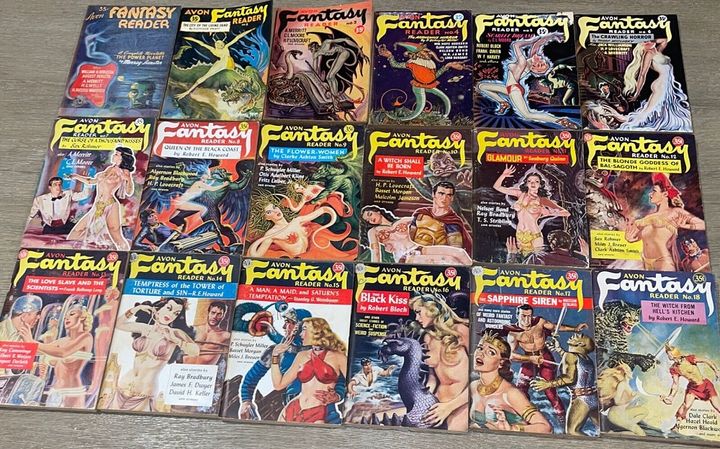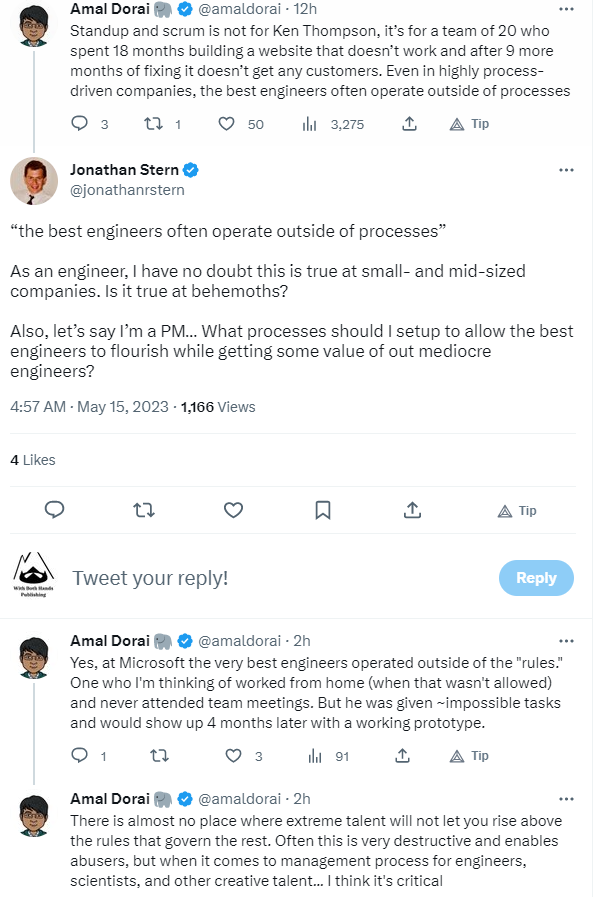Hukt awn Fonix Wurked fur Mee
Courtesy of the National Right to Read Foundation, a report on the differences between phonics and whole language methods of teaching children to read. The report lays blame for increasing illiteracy on constructivist, whole language methods of teaching. Very interesting, although perhaps a bit intemperate. Just for balance, here is a short article that is mostly critical of phonics from Dr. Jon Reyhner of Northern Arizona University.
I learned quite a bit from this report. Phonics was invented by Pascal in 1655. I never knew he had interests in such things. Whole language methods were invented by Horace Mann, which I knew, but apparently he based his technique on a method that was used in the 1830s to teach deaf children to read. Phonics is clearly of no use to those who cannot hear, but the alternative technique copied by Mann fell into desuetude amongst teachers of the deaf.
I find it striking that the whole language method was noted to work poorly the very first time that it was tried, but that has not dampened enthusiam for it. As best I know, whole language remains ascendant, it is hard to find numbers on this because there are not hard and fast distinctions. Some whole language programs do include phonics, but the degree to which this is true varies widely.
I admit of complete ignorance of the arguments used in support of whole language methods of teaching reading, but I can see several plausible rationales for it. The whole word methodology is a way of making English ideographic like Chinese. There is quite a bit of mental economy in this. By way of example, what is faster to read and write, 1984, or nineteen hundred and eighty-four? Also whole language methods can justly claim to have a much broader scope, whereas phonics is limited solely to being able to sound out words. And to be fair, actual whole language methods do not encompass the controlled vocabulary readers that the NRRF report criticizes.
However, for all that, I remain suspcious of the whole language method. As I noted in my essay on Dorothy Sayers, modern education seems hell-bent on trying to make children reason. Here is a telling quote from Reyhner:
Whole language is considered a "top down" approach where the reader constructs a personal meaning for a text based on using their prior knowledge to interpret the meaning of what they are reading.
Right. That's exactly what an eight year old does. You'd be lucky if the kid just extracted the facts correctly. It's no wonder kids can't read, if that is what we mean by "read".
Looking through Reyhner's piece, I can see that a big problem in assessing the relative merits of these reading programs is the Lake Wobegone effect. Something is assumed to be wrong with the method, when in fact a big part of the problem is that children naturally differ in ability, and some of them are never going to do very well at reading comprehension, no matter how hard you try. Teaching kids to read ideographically has some strange effects too. I have noticed this among grammar school children, that when they see a word they don't know when reading aloud, they will often substitute a similar looking word, but usually one that is completely unrelated in meaning. I never really put it together, but I think this is the result of teaching kids to try to look at the word as a whole.
My overall assessment is that constructivist education methods in general are kooky. They are very fashionable and fit within sophisiticated psychologies, but at root they are trying to do things at the wrong time, and usually cannot admit that some kids are smart and some are slow. Little kids are really, really good at memorizing, and using phonics (in drill-and-kill fashion preferably) to make the mechanics of reading automatic is desirable. However, after that, there is still much work to do. Here critics of phonics could still have their opportunity, because the work of phonics ought to be completely done by first or second grade. Then all the work in speaking, listening, and writing could be put to much better effect.
h/t Jerry Pournelle



Comments ()